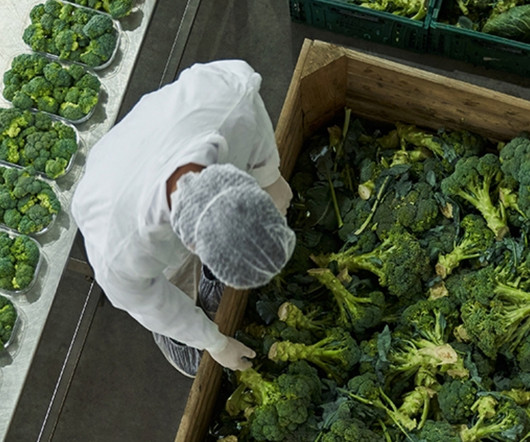2025 Outlook: Experts Weigh In on Restaurant Trends and Challenges, Part Two
Modern Restaurant Management
DECEMBER 17, 2024
This strategic shift can attract a new wave of health-conscious customers and, surprisingly, may boost overall revenue as smaller portions allow for creative menu diversification, reduced food waste, and better customer satisfaction. Restaurants that adapt quickly could find themselves in a prime position to capture this emerging trend.














Let's personalize your content